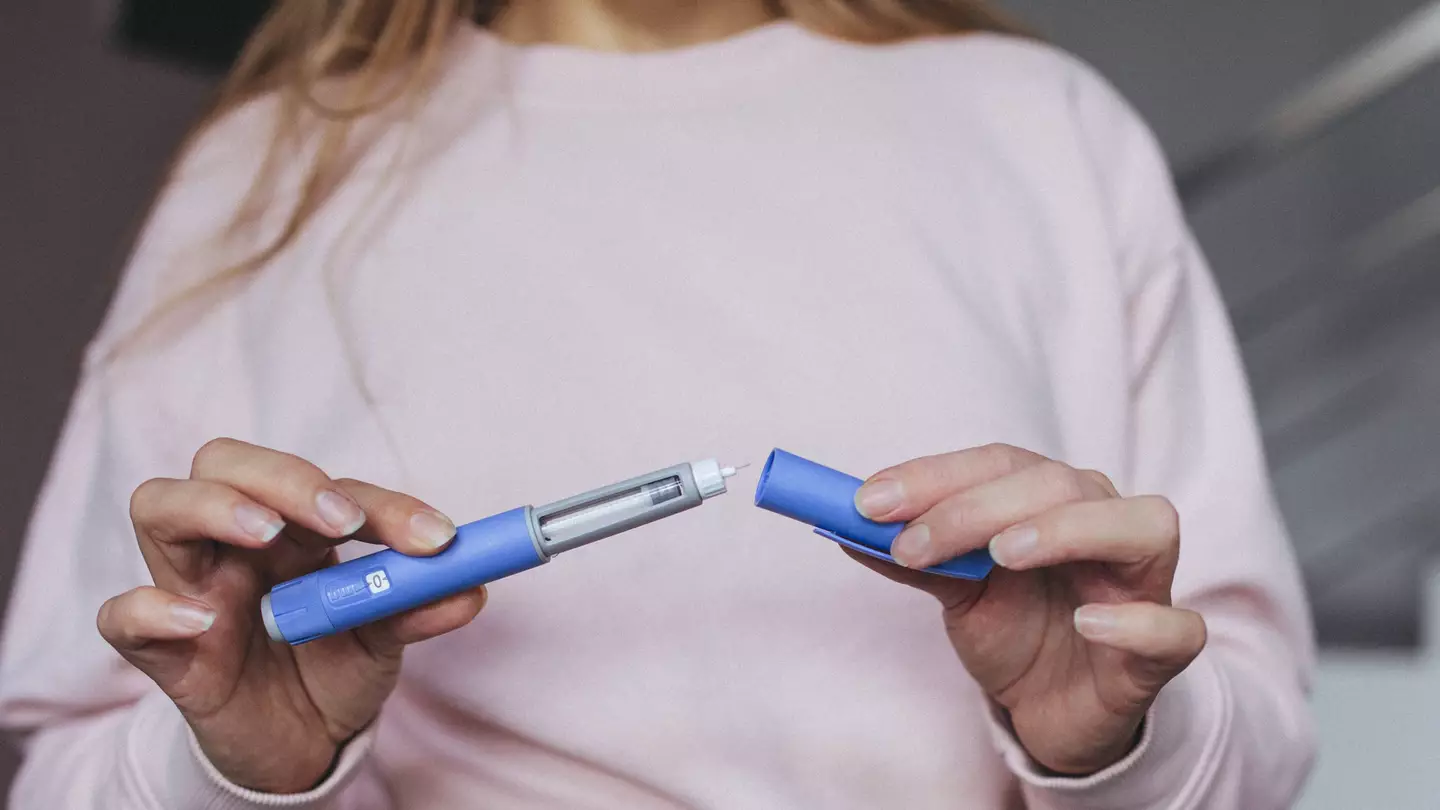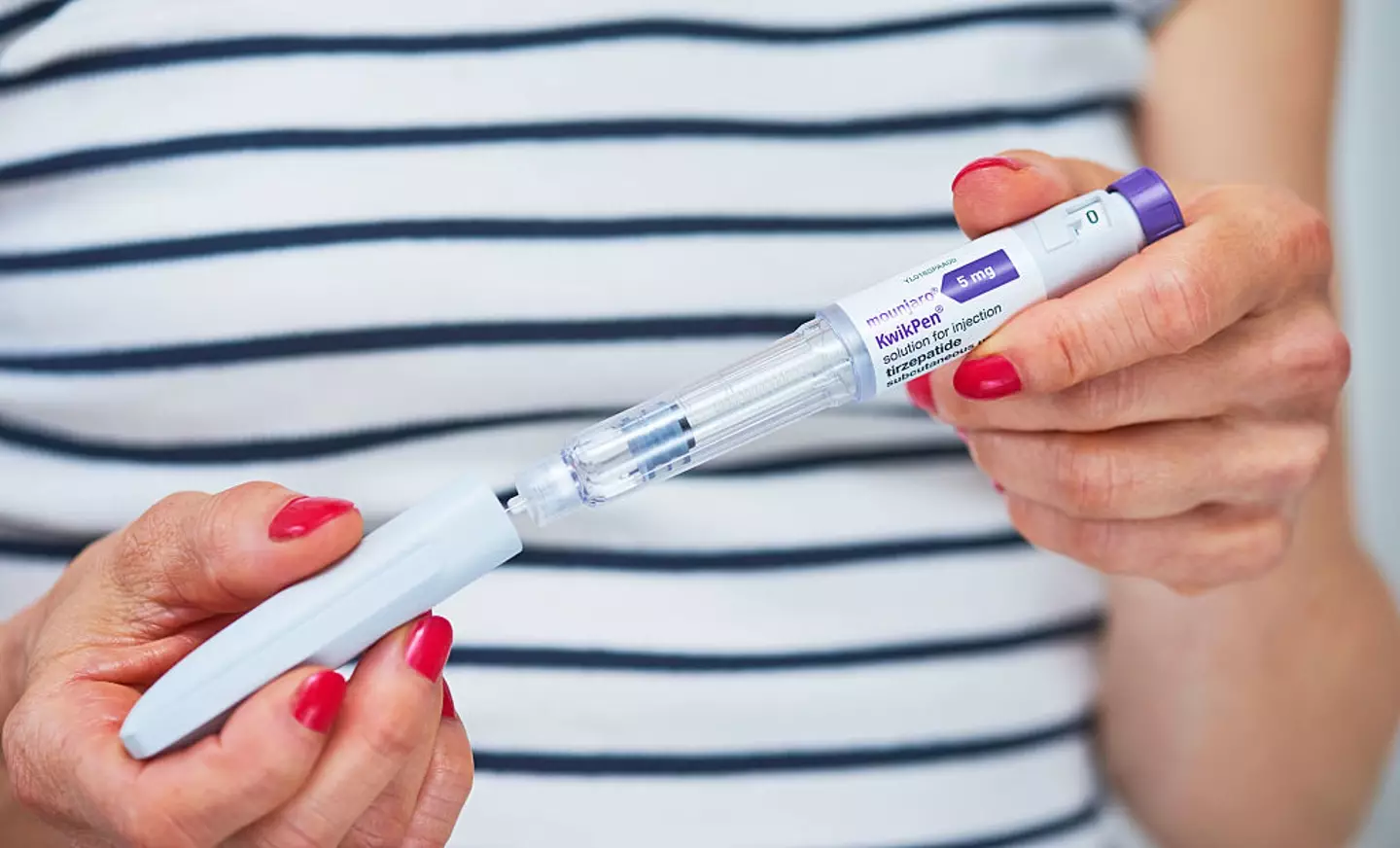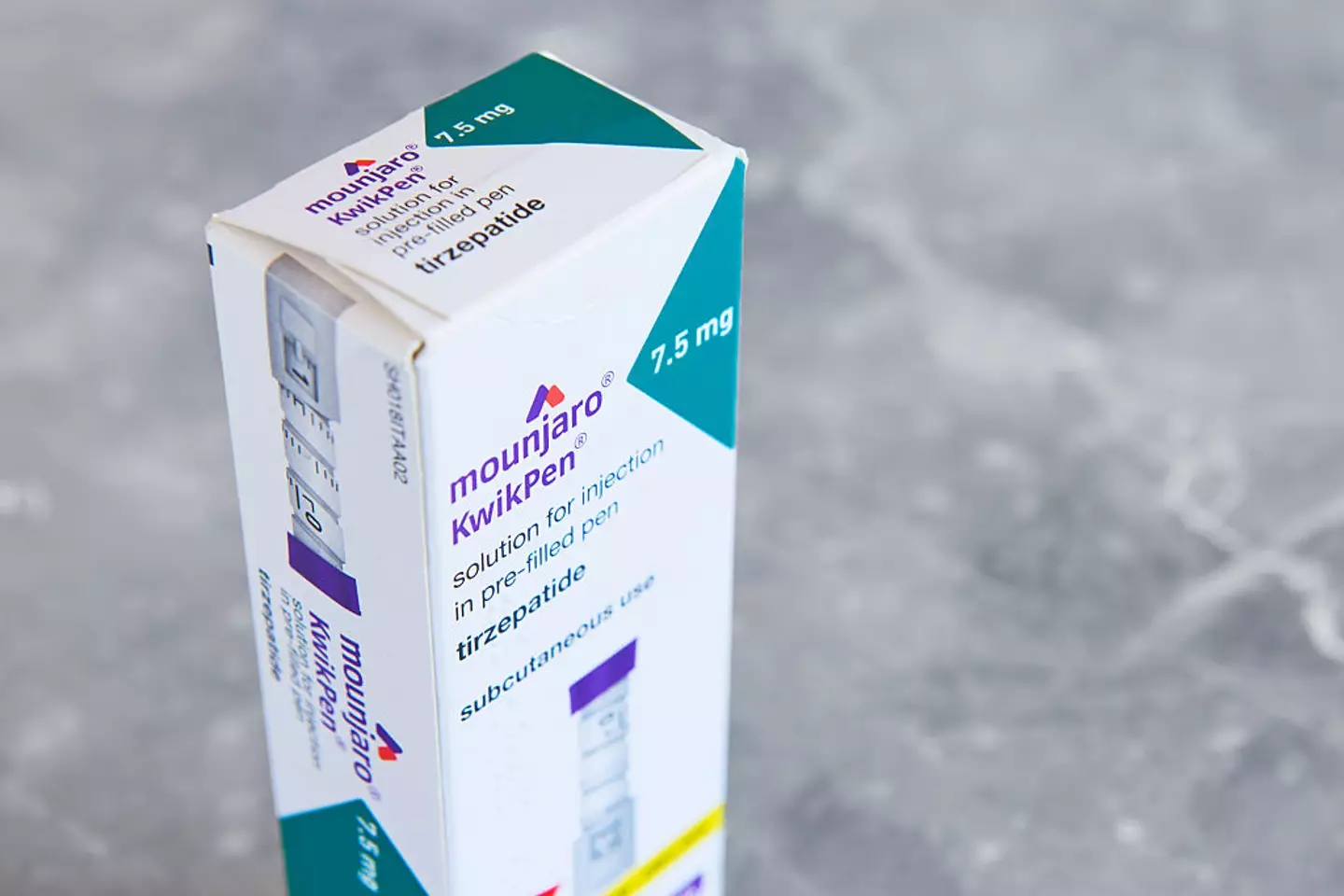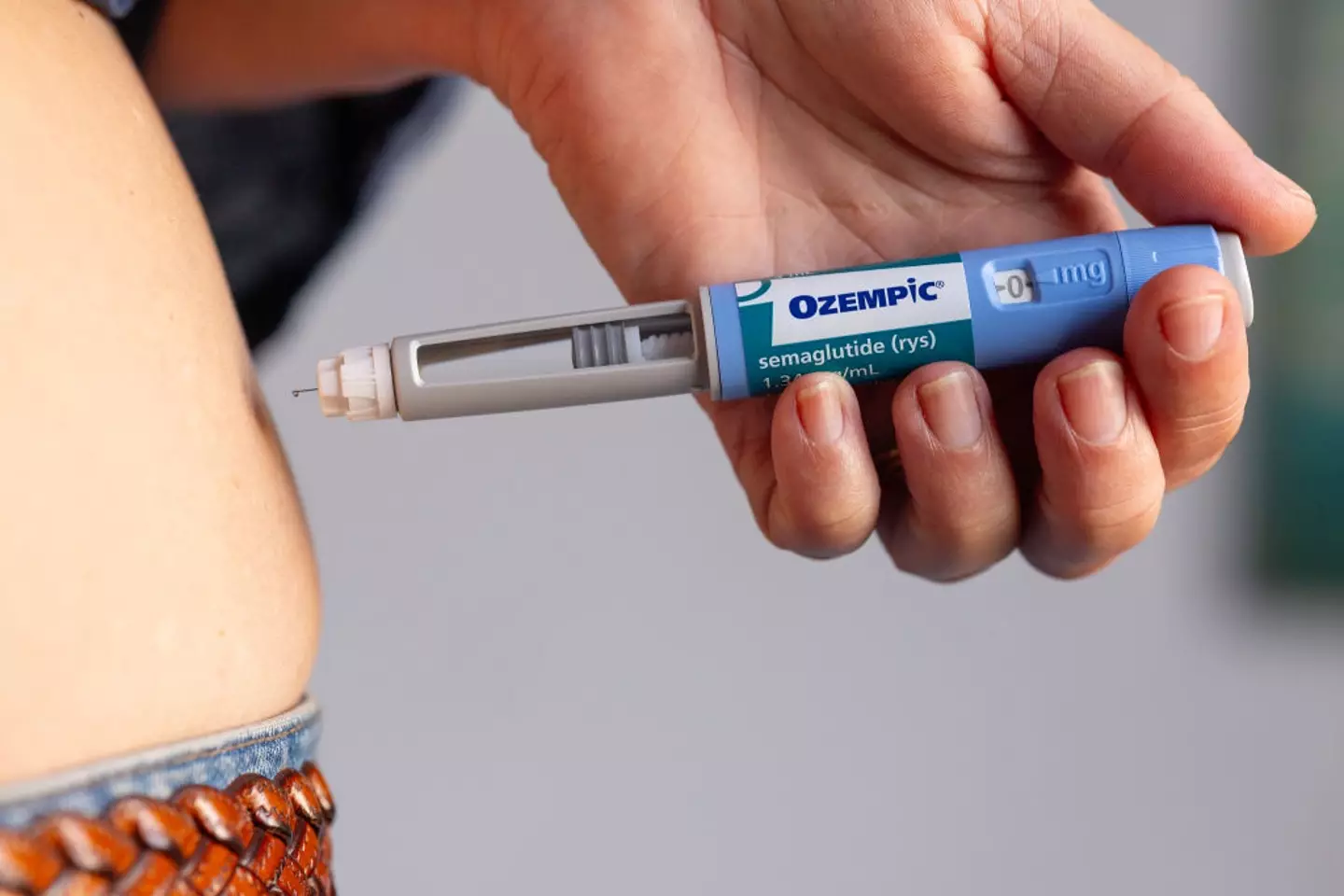
Popular weight loss and diabetes jabs have been linked to life-threatening illnesses and possible deaths, according to the UK drugs regulator.
New data from the Medicines and Healthcare products Regulatory Agency (MHRA) has indicated that drugs - including Mounjaro, Wegovy, and Ozempic - could be connected to inflammation of the pancreas.
There have been 181 reported cases of acute or chronic pancreatitis linked to Mounjaro, according to the MHRA, and five deaths.
Meanwhile, Wegovy and Ozempic have been linked to 113 reports of the illness, along with one death.
Advert
Additionally, less popular GLP-1 drugs have also been reported and altogether there have been 10 deaths linked to the drugs
It comes as the weight loss drugs have increased in popularity in recent months, and earlier this week tirzepatide - which is a form of Mounjaro - became available on the NHS for a limited number of patients in England.

In January, it was reported that 500,000 people in the UK were either taking the popular weight-loss drug Wegovy or Mounjaro and now, upwards of a million people across the country are known to use forms of the GLP-1 medication.
While there is no evidence that the GLP-1 drugs directly caused the deaths, health officials have now been prompted to launch a new study into the side effects following the increased reports.
The data and evidence is also not strong enough for the MHRA to restrict access because pancreatitis is relatively common.
It, of course, also occurs in people not taking the weight loss medicine at a rate of around 560 per one million people, and it’s primarily caused by gallstones and alcohol.
So, what happens now?
The UK regulatory body, along with Genomics England, are going to investigate whether some people have genes that put them at higher risk of developing pancreatitis on the drugs.

As part of the study and ‘yellow card’ system, people who get the illness while on the medication will be asked to report this and provide a saliva sample and have their genes tested.
Commenting on the change, Alison Cave, MHRA’s chief safety officer, told The Guardian: “Evidence shows that almost a third of side effects to medicines could be prevented with the introduction of genetic testing. It is predicted that adverse drug reactions could cost the NHS more than £2.2bn a year in hospital stays alone.
“Information from the Yellow Card Biobank will help us to better predict those most at risk of adverse reactions – enabling patients across the UK to receive the safest medicine for them, based on their genetic make-up.”
A spokesperson for Eli Lilly, who manufacture Mounjaro, said: “ Patient safety is Lilly’s top priority. We take reports regarding patient safety seriously and actively monitor, evaluate, and report safety information for all our medicines.
“Adverse events should be reported under the MHRA’s Yellow Card scheme, but may be caused by other factors, including pre-existing conditions. The Mounjaro (tirzepatide) Patient Information Leaflet warns that inflamed pancreas (acute pancreatitis) is an uncommon side effect (which may affect up to 1 in 100 people).

“It also advises patients to talk to their doctor or other healthcare professional before using Mounjaro if they have ever had pancreatitis. We encourage patients to consult their doctor or other healthcare professional regarding any side effects they may be experiencing and to ensure that they are getting genuine Lilly medicine.”
And a Novo Nordisk spokesperson (the Ozempic and Wegovy manufacturer) told Tyla: “Patient safety is of the utmost importance to Novo Nordisk. Like all medications, side effects can occur and vary from patient to patient. The known risks and benefits of GLP1 medicines are described in the Summary of Product Characteristics.
“We recommend that patients take these medications only for their approved indications and under the strict supervision of a healthcare professional, who can also advise on potential side effects.
“We continuously collect safety data on our marketed GLP-1 medicines and work closely with the authorities to ensure patient safety.
"The benefit-risk profile of our GLP-1 medicines remains positive, and we welcome any new research that will improve our understanding of treatments for people living with chronic diseases.”